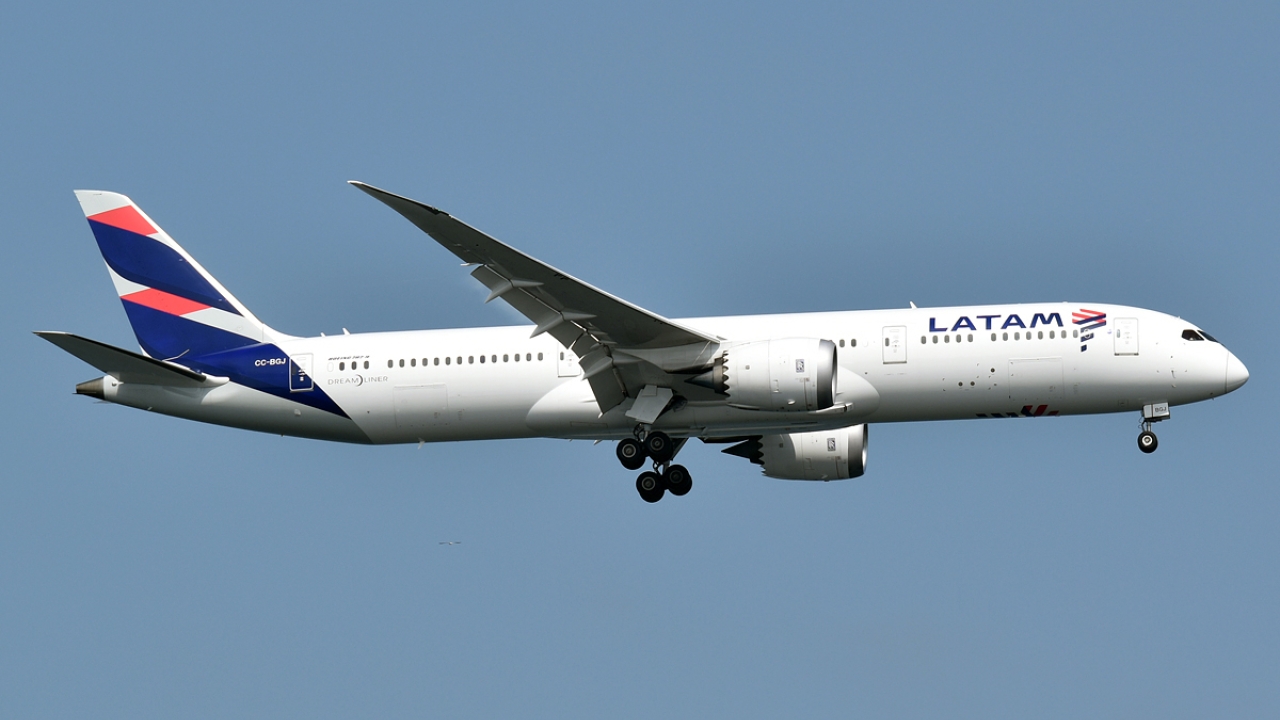MRO-ME: Boeing launches new parts exchange programme

Speaking at the MRO Middle East show today, David Longridge (Right), the vice president sales & marketing for Boeing Commercial Aviation Services, said that launch of the new services was customer driven. “Our materials management group saw a pattern in the way people were requesting these parts in scheduled maintenance and we saw an opportunity that would help our airline customers manage their spares more easily,” he said.
Under the scheme, airlines can exchange nacelle and flight-control surface parts – such as ailerons or thrust reversers - that need repair or overhaul with replacement parts from a certified pool that Boeing maintains throughout its global network.
“This eliminates the need for customers to contract, schedule, manage and own or lease these parts,” Longridge said.
One benefit of the exchange programme is that customers only need to take an airplane out of service once, reducing maintenance needs. When a similar part is leased, the plane must be taken out of service for both removal and installation.
“It is not going to right for everybody – airlines with large fleets for example may manage their own requirements as they have the economies of scale – but it is designed for airlines that are not in this group and these airlines will find this an efficient way to manage the challenge of replacements.”
Parts distributed through the programme represent all Boeing models and are updated to the latest configurations, incorporating all applicable service bulletins and airworthiness directives.
“The beauty of this is that the more airlines that get involved in the programme the more effective it becomes,” Longridge said.
Another benefit of an exchange is that customers only need to take an airplane out of service once, reducing maintenance needs. When a similar part is leased, the plane must be taken out of service for both removal and installation.
The Middle East is a key element of the Boeing customer service plan with more than 1.7 million spare parts stocked at its Dubai distribution centre at any one time. It is one of eight centres around the globe and ships up to 25,000 parts a year.
Longridge said that exchange programmes like those offering landing gear, rotables and consumerable parts were growing. Airlines like Oman Air, Etihad and Royal Jordanian are already making use of the schemes.
The OEM is also rolling out other services like real-time data-driven decision making through Boeing Analytics.
“The airplane health monitoring throws up lots of information about all of the aircraft in the fleet. We have 16,000 aircraft flying around the world today and if you track the data from 140,000 parameters that the plane throws out from the various sensors, you can predict the maintenance needs,” Longridge said. “I use the example of a valve that gradually opens and closes slower and slower and then fails. Once you have the data you can see that the valve is slowing and then have it replaced before it fails.”
Stay up to date
Subscribe to the free Times Aerospace newsletter and receive the latest content every week. We'll never share your email address.

